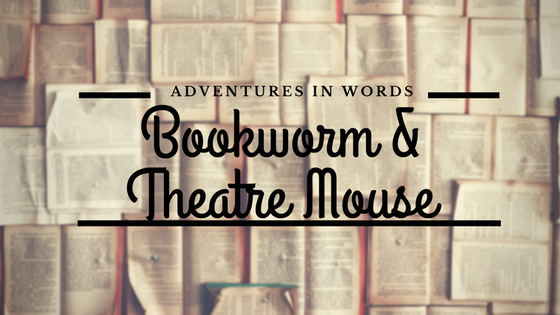So, spoiler alert: the winner of the Carnegie Prize was ‘October, October’ by Katya Balen. Now, unfortunately, I did not complete the shortlist before the winner was announced, so I have not yet picked my own winner, but I have read ‘October, October’, so can share some of my thoughts.
I did enjoy ‘October, October’, although, I have to admit that it is not my favourite so far, with one left to read. However, it is a beautiful book – with an even more beautiful cover – that really makes you think about the importance of our relationship with nature and how we need to work to protect the world around us. Not just taking from the natural world, but also making sure we give back, in whatever small way we can.
However, this is also a story about change and the impact that change can have on a young person. October loves her life with her father; they live in the woods, looking after and understanding the natural world. Just her and her father. Until her father has an accident and she is forced to stay with someone ‘new’ – although that someone is not ‘new’, she is her mother and October has to learn to adjust to change: life in a city, making new friends and building a relationship with her mother from the beginning. We follow October as she has to embark on this new adventure and, like many, she is resistant to change and this is not the world that she is used to – but she starts to make friends and discovers mudlarking, which allows her to find even more beauty in the natural world, even in a city. It is fair to say that October learns some important lessons as her life changes, but never loses her unique and special take on the world.
This would be a lovely novel for anyone to read who is having to experience a change that is out of their control. It is beautifully written and engaging, and is definitely one that I can see appealing to Middle Grade readers – but, like all books, it can be enjoyed by so many.
